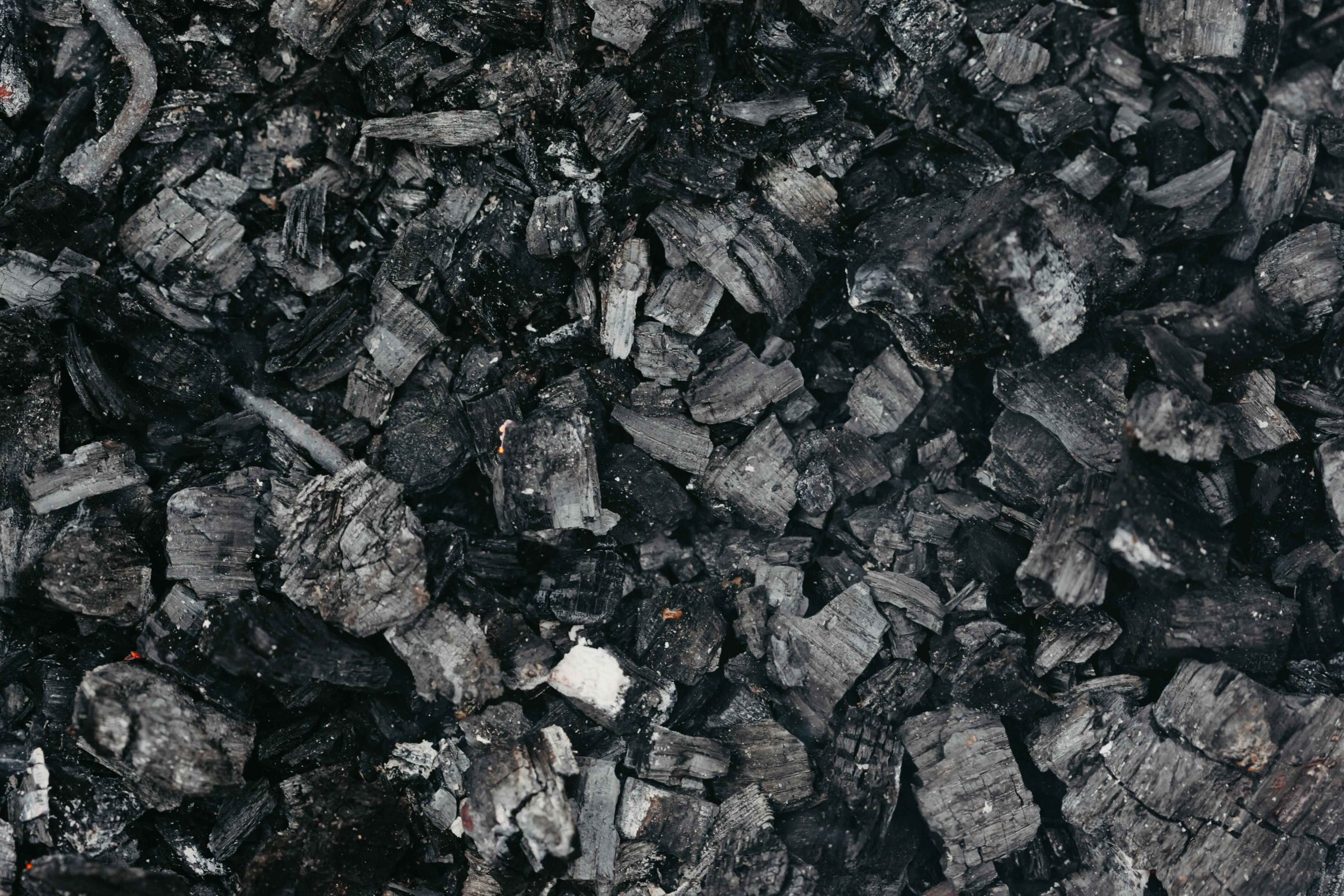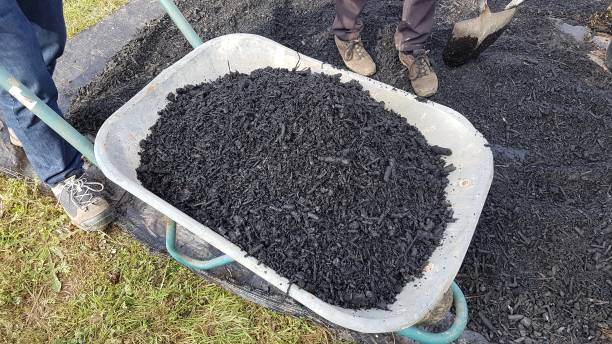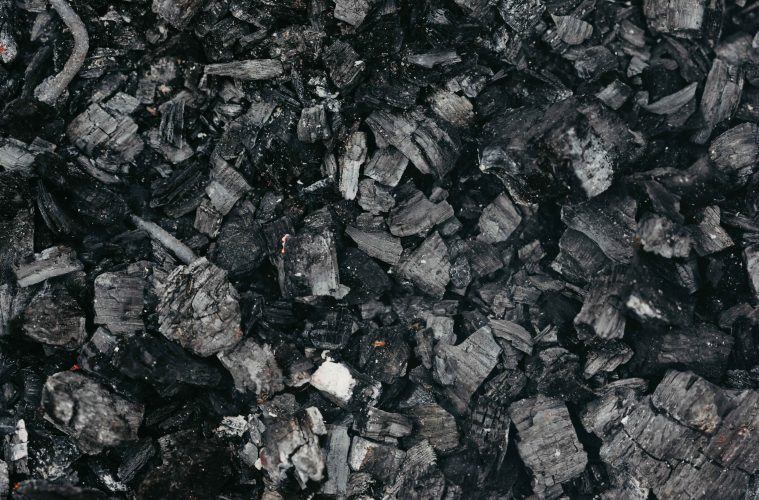Improving the condition of your soil is essential when planting, and one effective additive that can help is biochar. This carbon-rich material has been valued for its ability to enhance soil health. Biochar is essentially a type of charcoal made by burning organic materials.
How to use biochar
Biochar is a nutritious and long-lasting soil additive that has been used for centuries. If you have plants that need to be planted, biochar will help give them a strong start. Regardless of the soil type, it’s essential to learn how to enhance soil nutrients. Biochar is a transformative soil improver that ensures both your plants and soil receive the necessary support they need.
Used correctly, this substance will help improve plant health by neutralising acidity, providing improved water and nutrient retention, and enhancing drainage. Each fragment of the biochar provides a habitat for beneficial soil microbes.

Image Credit: Pexels
Benefits of biochar in your garden
Biochar’s exceptional chemicals and physical structure allow the material to be applied to many different growing plants and to many kinds of soil. The same properties can have tremendous benefits for your soil.
1. Biochar can moderate the acidity of your soil
The biochar binds hydrogen ions that help decrease the acidity of your soil. Increasing the soil’s pH reduces the levels of soluble metals in acidic soils, which are toxic to plants.
2. Improves the physical properties of your soil
Biochar has low density and high surface area, which can enhance soil texture and structure by increasing porosity.
3. Increases the nutrients and water retention
Using biochar in your soil can help retain nutrients, preventing them from leaching away and increasing their availability to plants. Additionally, biochar’s high porosity allows it to hold water effectively, making it particularly beneficial for soils with limited access to moisture.

Image Credit: Pixabay
ALSO SEE: GARDENING MADE EASY: PRACTICAL SOLUTIONS FOR BUSY GARDENERS
Feature Image: Pexels

